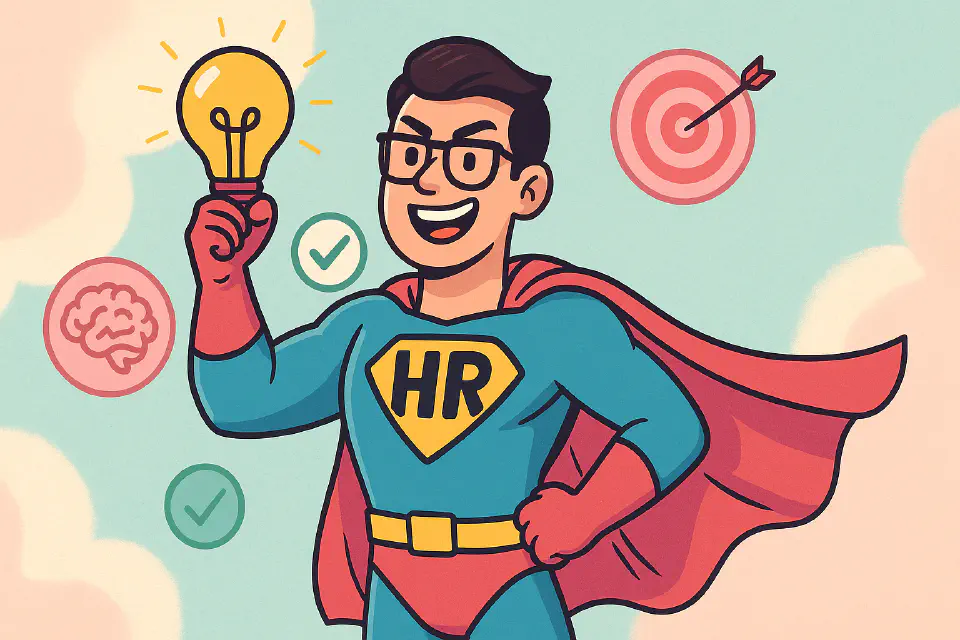
Strategic HR Competencies
Core skills build your foundation. Strategic competencies elevate your impact — aligning HR with business, driving transformation, and shaping the future of work.
What turns a good HR professional into a great one?
The answer is strategic competencies.
While core competencies help you operate effectively, strategic competencies let you influence, transform, and lead. They are what enable HR to move from support function to strategic partner.
What Are Strategic HR Competencies?
They are less about knowing how to do something, and more about knowing why it matters, and how to drive sustainable results through people.
These competencies are what executives look for in HR leaders—and what differentiate tactical HR teams from high-impact People functions.
The Shift from Operational to Strategic
According to a 2023 McLean & Company HR Trends Report, only 29% of HR teams are seen by leadership as truly strategic. Those that are:
- Are included in early-stage decision making
- Use data to influence strategy
- Lead cross-functional initiatives
- Align talent plans with business goals
Key Strategic Competencies
Below are the core strategic competencies that elevate HR from execution to influence:
1. Change Management
- Leading individuals and teams through transitions
- Minimizing resistance and supporting adaptation
- Aligning people with evolving business priorities
2. Organizational Design & Development
- Shaping structures that support agility and scale
- Clarifying roles, spans of control, and workflows
- Facilitating long-term capability building
This is about ensuring the right people are in the right roles with the right support.
3. HR Analytics & Data Literacy
- Understanding which metrics matter and why
- Using evidence to support decisions
- Forecasting workforce needs and trends
4. Workforce Planning & Talent Strategy
- Anticipating skills gaps and succession needs
- Planning for internal mobility and external hiring
- Connecting talent plans to future business needs
Strategic HR doesn’t just fill roles—it prepares for roles that don’t exist yet.
5. DEI Leadership
- Embedding diversity, equity, and inclusion into strategy
- Using systems thinking to uncover bias
- Promoting psychological safety and cultural belonging
This isn’t a separate program—it’s part of how business gets done.
How Strategic Competencies Are Developed
These don’t come from training alone. They grow through:
- Stretch assignments and cross-functional projects
- Mentoring from senior leaders
- Participating in business planning sessions
- Reflective practice and feedback
Strategic Mindset in Action
Great strategic HR professionals:
- Speak the language of business
- Anticipate trends, not just respond to requests
- Make people data part of every discussion
- Coach leaders, not just manage processes
- Think long-term, act today
They balance ambition with humility, and influence without ego.
Why It Matters
When HR is truly strategic, organizations benefit from:
- Better talent decisions
- Smoother change processes
- Higher leadership confidence in HR
- Clearer alignment between people and performance
And HR professionals?
They earn a seat at the table—not just because they asked for it, but because they deliver value that belongs there.